Maintenance Tips for Long-Lasting Pavers: Keep Your Backyard & Driveway Pristine Year-Round
Top Maintenance Tips to Keep Your Backyard, Driveway, and Commercial Pavers Looking Great Year-Round
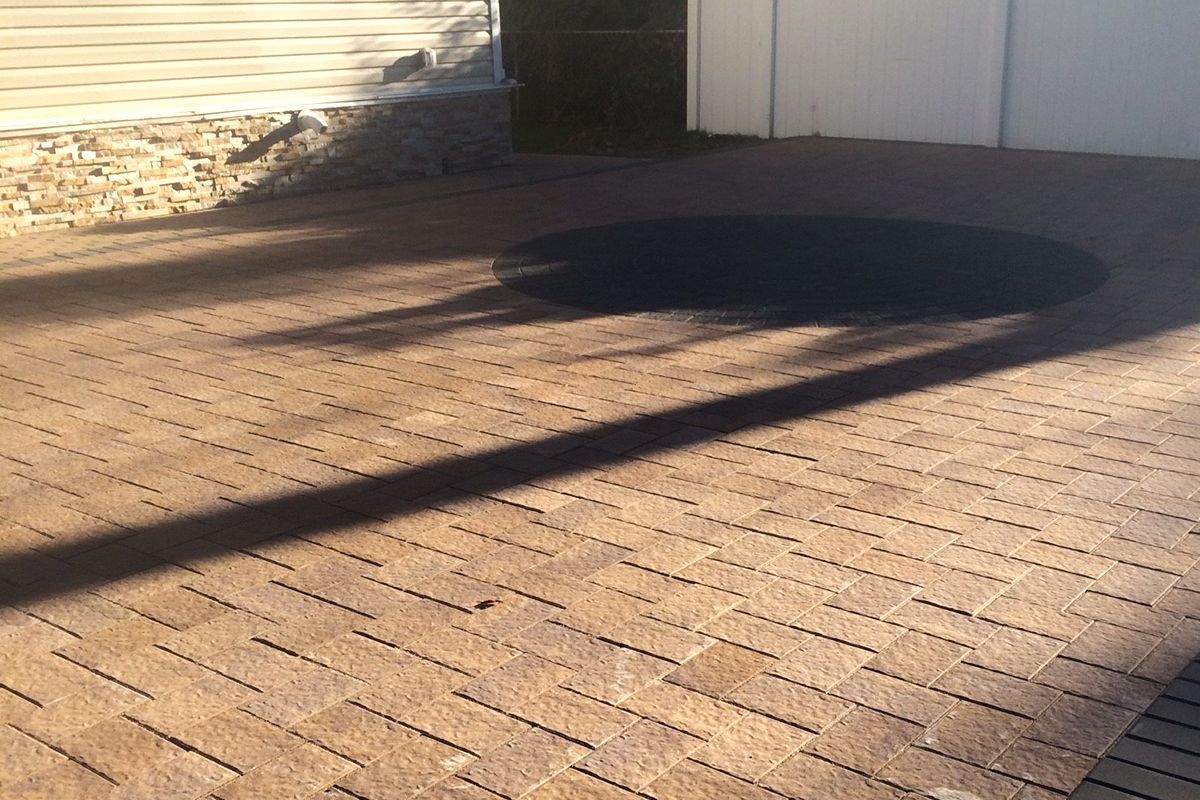
When it comes to paving your backyard, driveway, or commercial spaces, a great design is only half the job. Proper maintenance is key to ensuring that your pavers remain in pristine condition for years to come. Whether you've recently installed a backyard patio, a heavy-duty driveway, or an industrial paver layout, the following maintenance tips will help you keep your outdoor surfaces looking fresh and functioning optimally throughout the seasons.
1. Routine Cleaning: A Simple Way to Keep Pavers Fresh
One of the easiest maintenance practices for backyard and driveway pavers is regular cleaning. Dirt, leaves, and other debris can accumulate quickly, especially in high-traffic areas.
- Backyard Pavers: Sweep or hose down your backyard patio pavers every few weeks, especially during the fall. This not only keeps your backyard looking tidy but also prevents organic matter from staining the pavers.
- Driveway Pavers: For driveways, particularly if they're exposed to vehicle fluids or heavy-duty equipment, consider pressure-washing every few months. This can help prevent oil and other contaminants from penetrating the paver surface.
- Industrial/Commercial Pavers: In high-use commercial or industrial spaces, invest in a professional cleaning service. Regular power washing, especially for loading docks and warehouse entrances, is crucial for preventing wear and maintaining appearance.
2. Sealing Pavers for Added Protection
Sealing is one of the best ways to extend the life of your pavers. A high-quality sealant protects against moisture, UV rays, and stains, making it especially beneficial for pavers in cold climates.
- Backyard and Driveway Pavers: Apply a water-based or acrylic sealer to your backyard and driveway pavers. A good sealant will protect the color and add a layer of water resistance. Re-seal every 2-3 years for best results.
- Heavy-Duty Driveways: Sealants are especially important for driveways exposed to heavy equipment or extreme temperatures. Choose a heavy-duty sealant that provides extra protection for high-traffic areas.
- Industrial Pavers: For commercial properties, sealing is essential, especially for loading areas or spaces handling industrial machinery. Industrial-grade sealants can withstand heavier loads, adding years to the paver’s life.
Tip: Sealing before the cold weather sets in is crucial to prevent frost damage. Look into "How to seal driveway pavers before winter" for detailed guidance.
3. Repair Damaged Pavers Immediately
Timely repairs prevent small issues from turning into bigger, costlier problems.
- Backyard Patios: If you notice a cracked or loose paver in your backyard, replace it promptly. This prevents accidents and maintains the integrity of your patio.
- Driveways: Driveway pavers are prone to damage from vehicles and weather. Cracked or sunken pavers can disrupt the surface, so repair these as soon as they appear.
- Industrial Areas: Due to heavy machinery and frequent use, industrial pavers are more susceptible to damage. Repair or replace damaged pavers to ensure safety and functionality in high-traffic areas.
Pro-Tip: Look into "Best pavers for industrial yard spaces" to ensure your pavers can handle the specific requirements of an industrial setting.
4. Manage Weeds and Moss Growth
Weeds and moss are notorious for finding their way between pavers, particularly in damp or shaded areas.
- Backyard: For eco-friendly backyard pavers, use natural weed deterrents like vinegar solutions. Consider filling joints with polymeric sand, which resists weed growth and keeps pavers in place.
- Driveways: Driveways with exposed joints are prone to weed growth. Regularly inspect and treat with weed killers, or use weed-blocking sand to keep driveways looking pristine.
- Commercial Paving: Weeds in high-traffic industrial spaces can disrupt the functionality of the surface. Regularly use a commercial-grade weed barrier and fill gaps to prevent unsightly plant growth.
DIY Option: For smaller spaces, "DIY backyard patio pavers for small spaces" is a great way to install or repair pavers and prevent weed growth using polymeric sand.
5. Prepare Pavers for Seasonal Changes
Seasonal weather, especially winter, can have a significant impact on paver longevity. Cold temperatures, moisture, and ice can all cause problems if not managed properly.
- Backyard and Driveways: Winterize your backyard and driveway pavers by sealing, filling gaps, and repairing any damages before the first frost. Look into "Driveway pavers vs asphalt for colder months" to weigh the benefits of durable pavers for winter.
- Industrial Pavers: Heavy-duty pavers in commercial spaces are especially vulnerable to freeze-thaw cycles. Prevent winter damage by using a weather-resistant sealant and ensuring proper drainage.
Tip: Learn more about "Driveway pavers that withstand heavy equipment" to ensure your commercial pavers are prepared for seasonal changes and regular use.
6. Prevent and Manage Stains Effectively
From spilled drinks on a backyard patio to oil stains on driveways, pavers are exposed to various staining agents.
- Backyard: For backyard pavers, clean up spills promptly to prevent long-term staining. For common backyard activities, such as September BBQs, consider using a protective mat.
- Driveways: Oil and fuel stains on driveway pavers can be tough to remove if left unattended. Try using a degreaser and a soft brush for stubborn stains.
- Commercial Pavers: In industrial settings, use oil-absorbing granules or professional-grade degreasers to handle large spills. Regular cleaning with an industrial solution will help prevent buildup.
Note: Choosing "Best pavers for heavy-duty driveways" can reduce staining concerns by opting for materials that are resistant to oils and chemicals.
7. Inspect and Realign Pavers as Needed
Over time, pavers can shift due to soil movement, temperature fluctuations, or constant use. Regularly inspect your pavers to identify any areas that may need realignment.
- Backyard and Small Spaces: For smaller backyard patio designs, minor shifts can be corrected by lifting, adjusting, and compacting the affected pavers.
- Driveways: Driveways experience more shifts, particularly if exposed to heavy loads. Remove any loose pavers, level the base, and replace them to maintain a smooth, even surface.
- Industrial Settings: Industrial pavers are more likely to shift due to frequent machinery and vehicle movement. Professional realignment is often the best solution to ensure the surface remains safe and level.
DIY Enthusiasts: Check out "DIY backyard patio pavers for small spaces" if you want to learn how to make minor adjustments and repairs on your own.
8. Schedule Professional Inspections
Sometimes, issues with pavers may not be immediately visible. Annual or biannual inspections from professional paver installers can catch potential problems before they require costly repairs.
- Backyard: A quick inspection by an expert can help you catch small damages and wear before they worsen.
- Driveway: For driveways, professional assessments are ideal for identifying damage from vehicle pressure or seasonal shifts.
- Industrial Spaces: For commercial or industrial properties, regular inspections can prevent structural issues and ensure compliance with safety standards.
Final Thoughts
Consistent maintenance is key to maximizing the life and appearance of your pavers. Whether you’re managing a small backyard patio or a large industrial driveway, the above tips can keep your pavers looking great and functioning well all year long. If you need professional help, JIP Construction offers a range of services to handle everything from installation to repairs and maintenance.

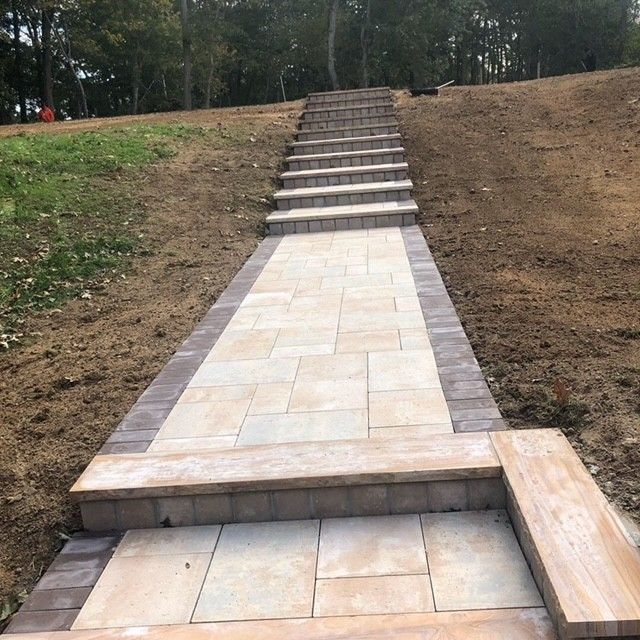
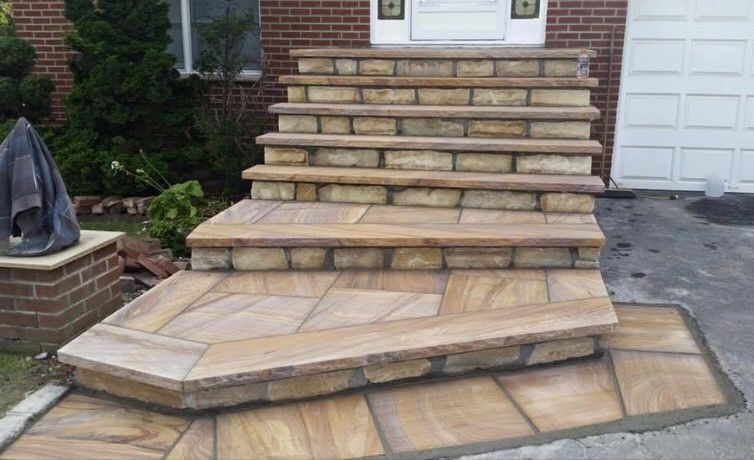


service Area
Long Island, NY
Westbury, NY
Nassau County, NY
Carle Place, NY
Salisbury, NY
East Garden City, NY
Manhasset, NY
Muttontown, NY
Old Brookville, NY
Upper Brookville, NY
Oyster Bay, NY
Syosset, NY
Jericho, NY
Dix hill, NY
and surrounding areas
Business Hours
Available 24/7 - Service by Appointment
Se Habla Español


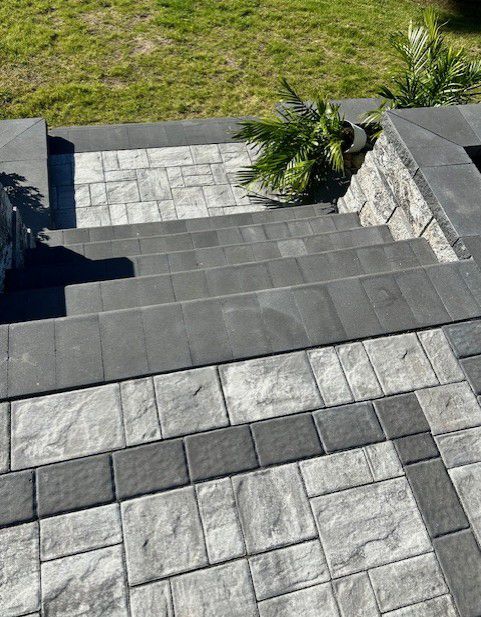
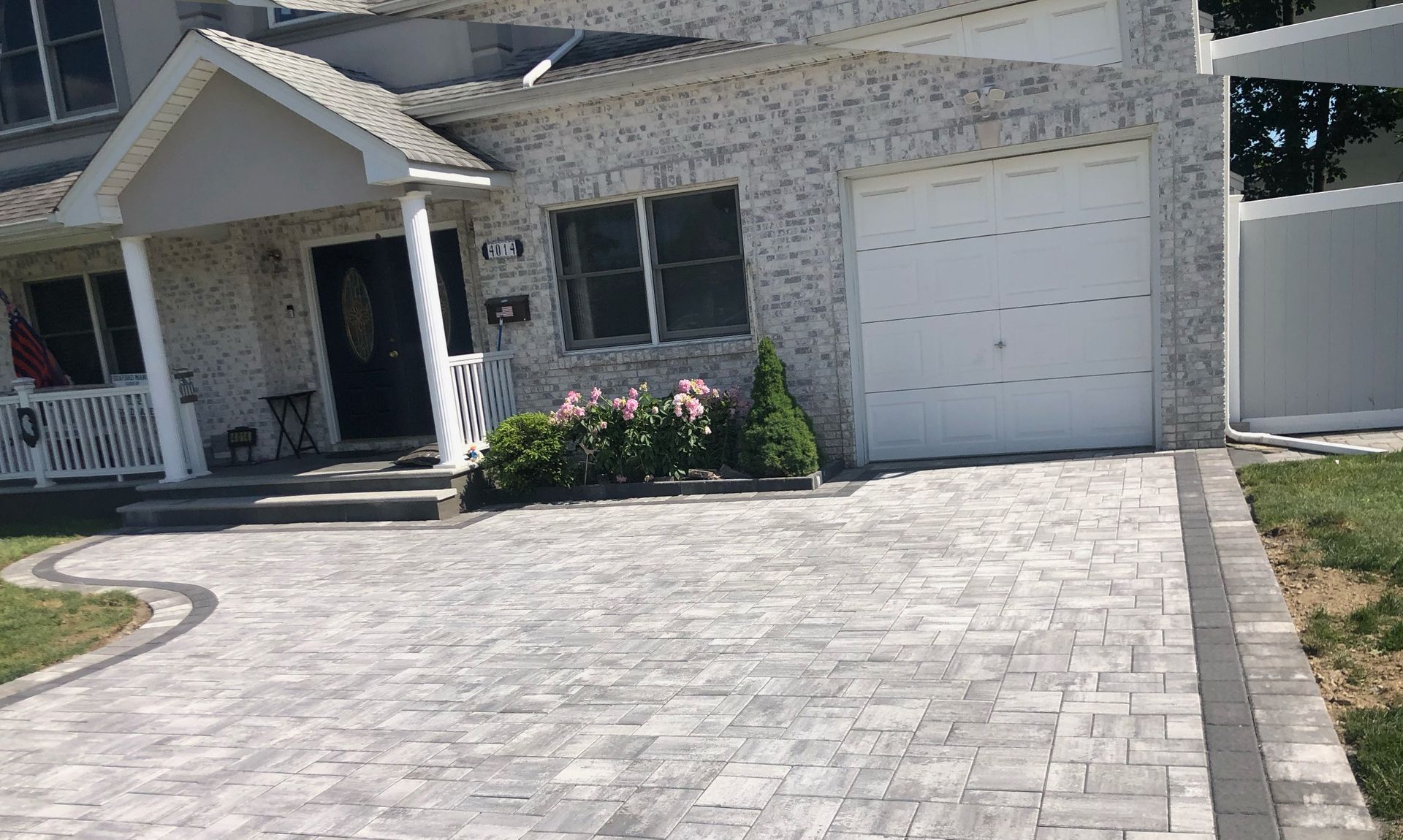
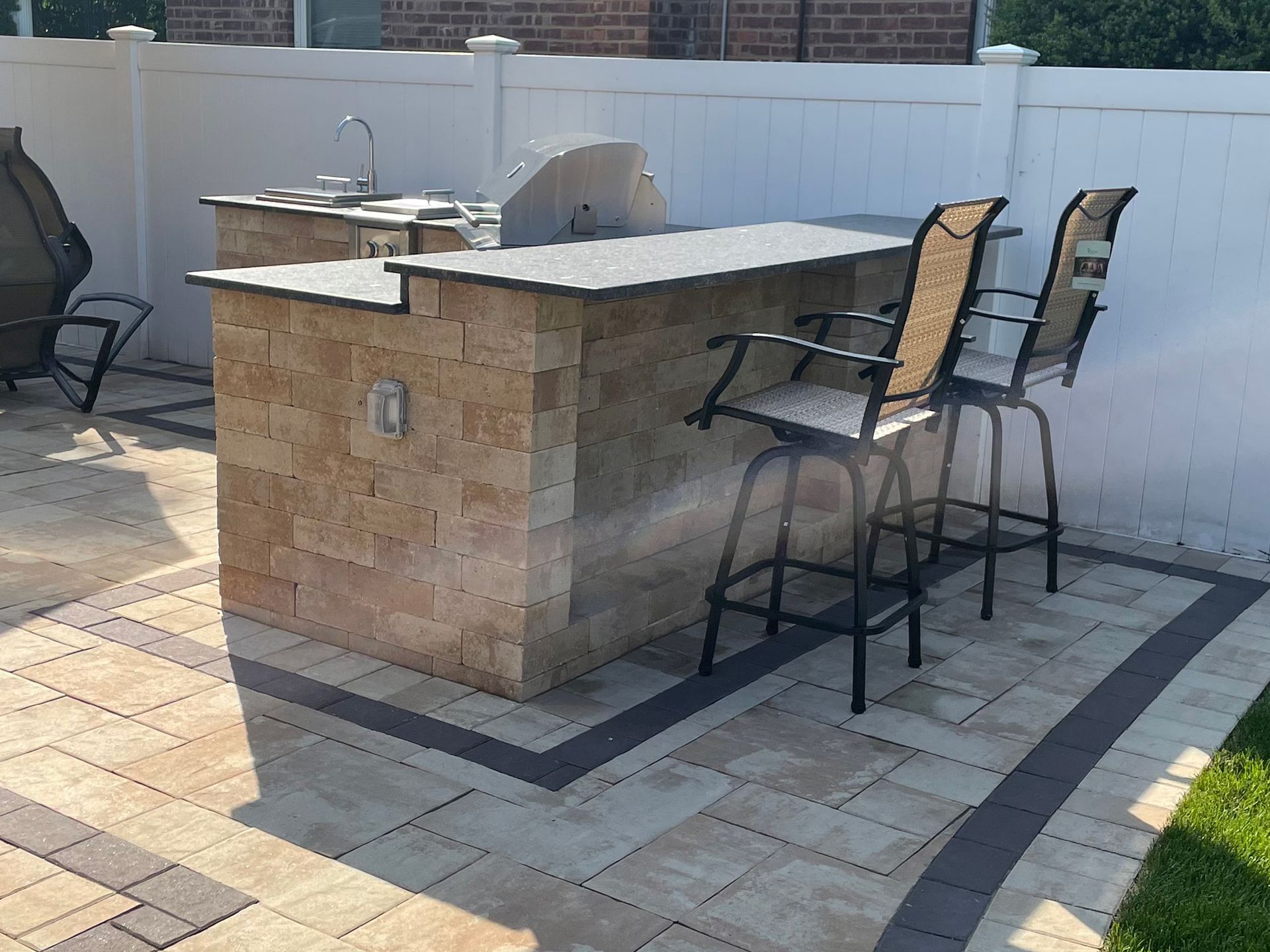
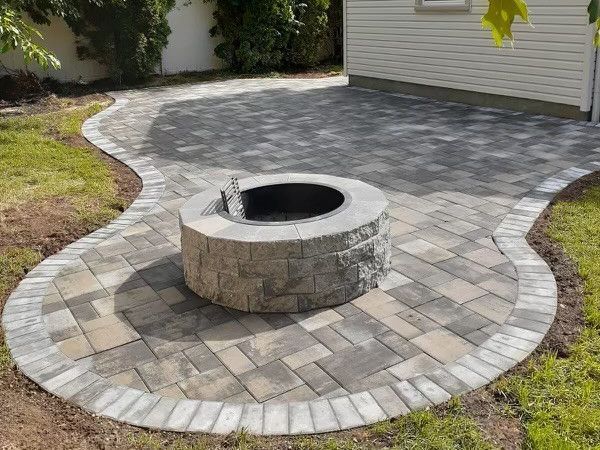
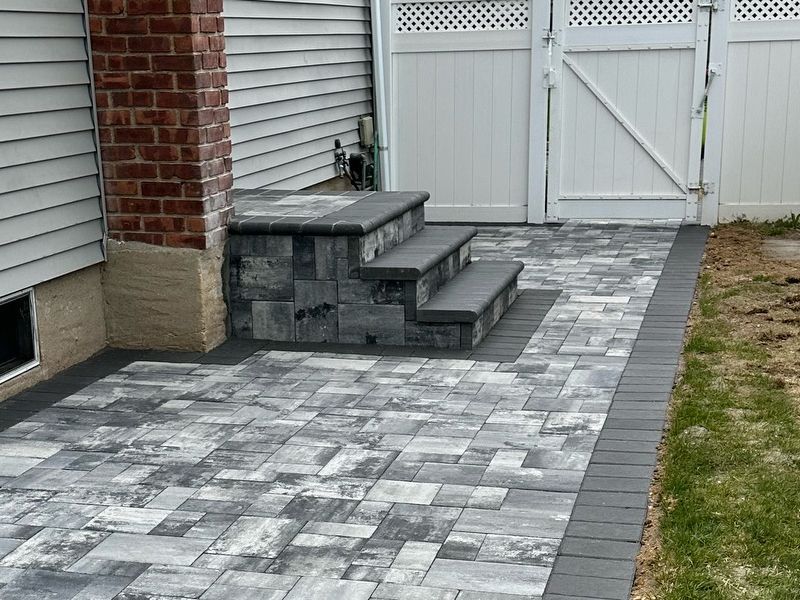
Share On: